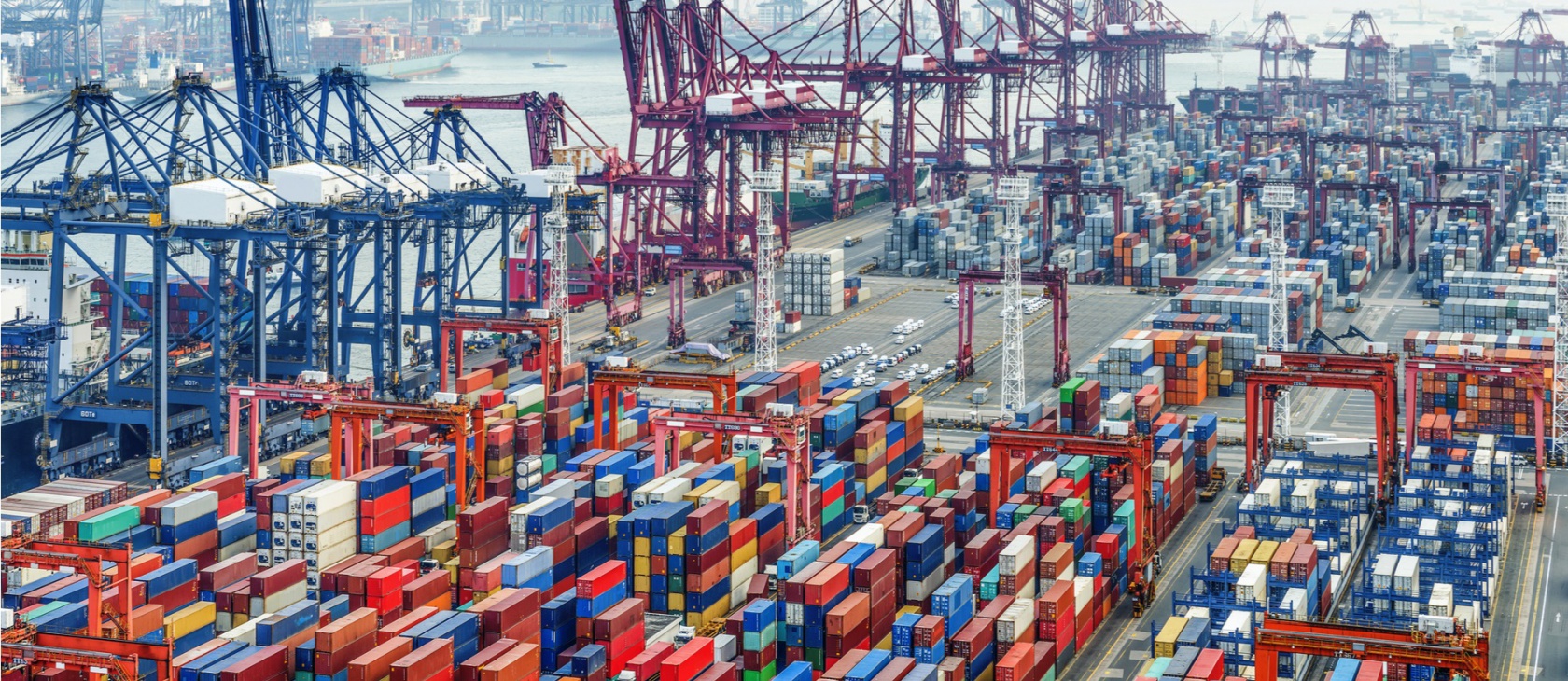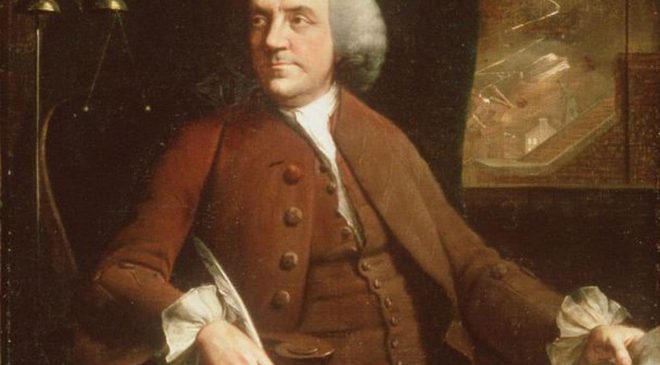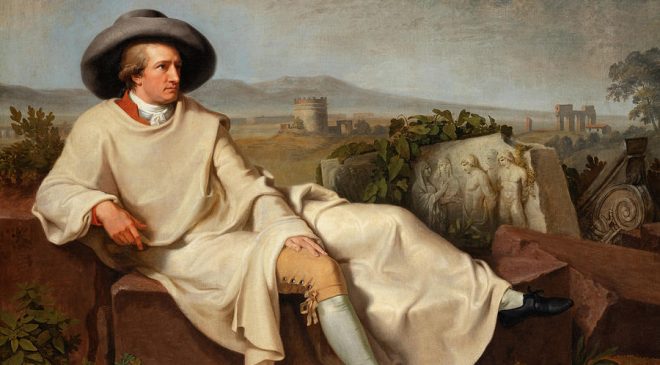While I found Terence Kealey’s case for protectionism underwhelming, it definitely got me thinking. Here are my further thoughts:
1. Early in his presentation, Kealey claimed that free trade is good for rich countries but bad for poor countries. Yet later in his presentation, he blamed free trade for the post-1980 plight of non-college workers in the UK and US. What gives? He could have argued that free trade improved First World living standards overall, but were still a net negative for non-college workers. But as far as I recall, he didn’t.
2. If Kealey really thought that free trade is good for rich countries but bad for subgroups, you would have expected him to favor a package of free trade and targeted redistribution, not trade barriers. He didn’t do that.
3. Similarly, if a country’s goal is to encourage domestic innovation, why use a debatably effective technique like protectionism, instead of simply handing out large cash prizes for successful domestic innovation? If you want X, don’t pay for Y and hope Y leads to X; pay directly for X.
4. If you really believe Kealey’s learning-by-doing story, it is unclear why even rich countries would ultimately benefit from free trade. Just because your industries are currently the world’s leaders is hardly a reason to stop struggling to improve. And on Kealey’s logic, allowing foreign competition automatically reduces native firms’ incentive to improve.
5. Kealey’s learning-by-doing mechanism ought to work in every industry, not just high-tech industries. So what’s wrong with letting comparative advantage determine what each country specializes in, and then sit back and watch every country learn how to become even better at whatever they were initially comparative good at?
6. Kealey said relatively little about foreign investment, but on his logic, developing countries should love it. Foreigners come in – and let natives learn by doing. Even if the foreigners eventually leave, this skilled labor force now gives domestic investors a big head start. Yet in practice, protectionism and hostility to foreign investment go hand in hand.
7. If Kealey were right, remote countries should be poorer in the short-run, but richer in the long-run. Yet New Zealand remains one of the poorest countries in the Anglosphere. Weird.
8. Kealey said virtually nothing about immigration, but almost all of the countries that allegedly “grew rich under protectionism” also “grew rich under open borders.” The US, Canada, Australia, and New Zealand all spent the 19th-century welcoming foreigners. Is this strong evidence that open borders is crucial for growth? Even I wouldn’t say so.
9. The United States and other immigrant societies owe a lot of their 19th-century progress to innovative immigrants. If these immigrants had stayed in their home countries, some of this progress would have happened there. But many immigrant innovators would simply died in obscurity in their home countries. Since innovation is largely non-rival, the net effect of immigration for the world was great. True, since innovation is still partially rival, the receiving countries may still have lost. But even that is far from clear.
10. In the debate, Daniel Hannon pointed out that almost no one who claims that wages “stagnated” (or even fell) since the 1980s would actually want to go through a one-way time machine back to 1980. The literature on CPI bias strongly backs him up. Official statistics overstate inflation every single year (except 2020, where the opposite holds!), so every year official measures of our standard of living become more and more absurdly pessimistic.
11. There was one issue that both Kealey and Hannon got wrong: They both overstated the importance of international trade. Even under complete free trade, the large majority of trade is internal. Why? Because transportation costs pull countries apart from each, and social networks bind each country together. National productivity matters more for prosperity than free trade, so Hannon’s enthusiastic adjectives were over-the-top. But this is still a minor error compared to Kealey’s hyperbolic pessimism.




